The action comes after US approved $300 million in military assistance for the self-governing island, which will hold elections in a week.
In response to US arms sales to Taiwan, China has imposed restrictions on five US makers of weaponry.
Taiwan is legally entitled to US defense assistance, but Beijing considers the self-governing island to be a part of its territory and has not ruled out using force to further its objectives.
Prior of Taiwan's presidential and parliamentary elections on January 13, which China has characterized as a choice between war and peace, the sanctions are in place.
In response to Beijing's announcement that it will take undefined “countermeasures” against the corporations implicated, the US State Department last month authorized a $300 million armaments package to bolster Taipei’s joint battle command and control system.
The businesses BAE Systems Land and Armament, Alliant Techsystems Operation, AeroVironment, ViaSat, and Data Link Solutions were sanctioned by China's Foreign Ministry on Sunday.
"Those companies' Chinese properties, both immovable and movable, will be frozen as part of the countermeasures," the ministry said in a statement. "Organizations and individuals in China will not be allowed to transact with or cooperate with these companies."
It further stated, "China's sovereignty and security interests are seriously harmed by US arms sales to China's Taiwan region."
Since Tsai Ing-wen was initially elected president in 2016, Beijing has stepped up pressure on Taiwan, claiming she desires independence.
According to Tsai, the people of Taiwan will determine their own destiny.
William Lai, her vice president, is vying with Hou Yu-ih of the more pro-China KMT for the top position.
In the weeks preceding the election, Taiwan has reported seeing Chinese airplanes and balloons often over the island and has cautioned Beijing against trying to sway the results.



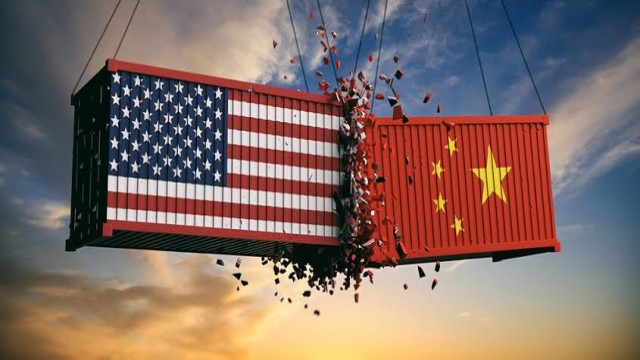
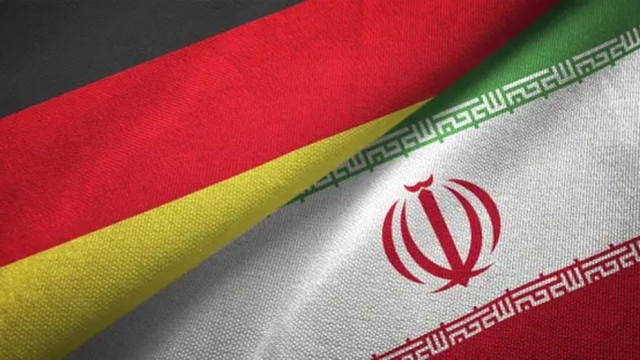
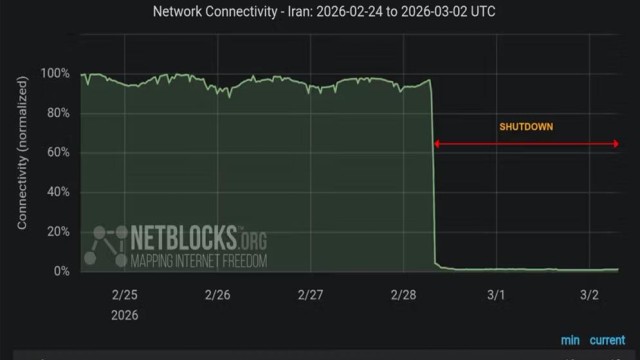
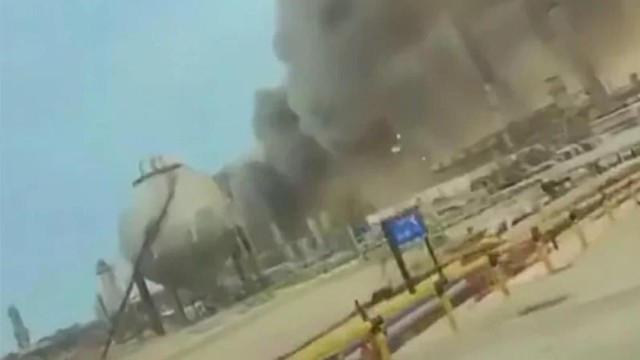

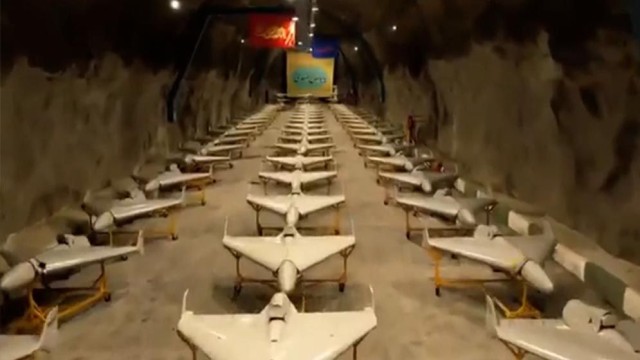
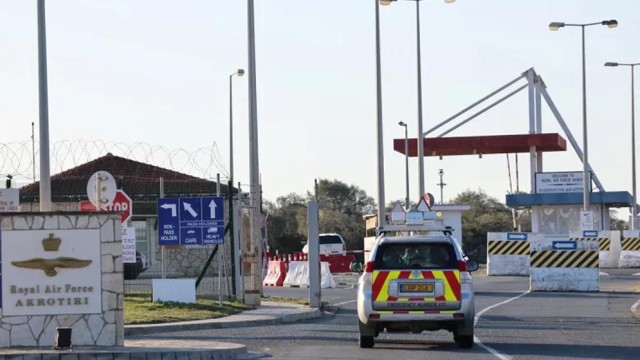






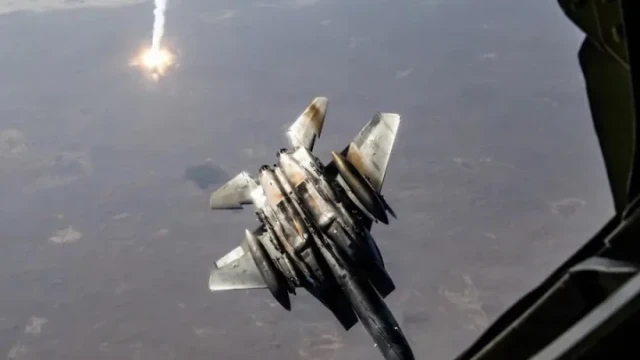
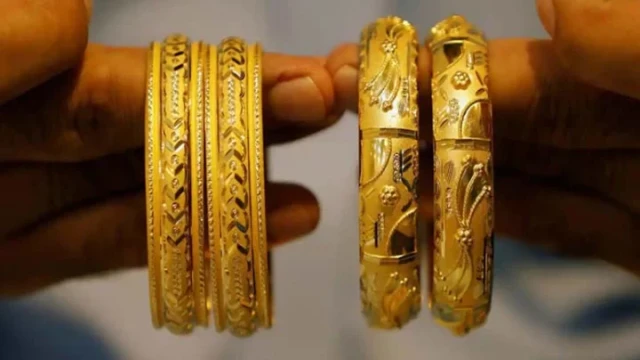
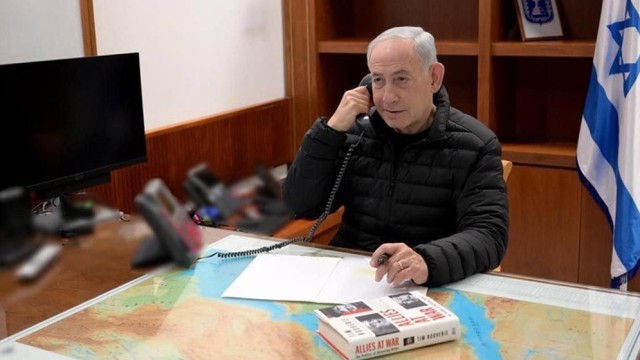
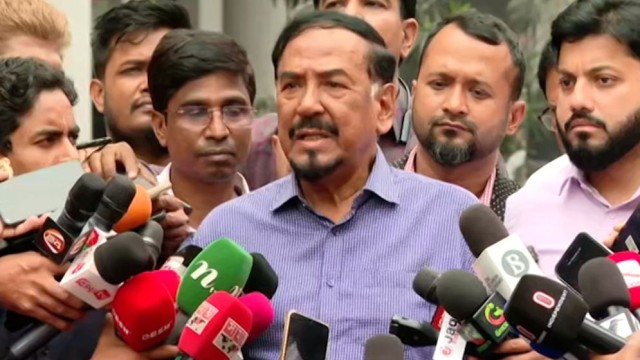








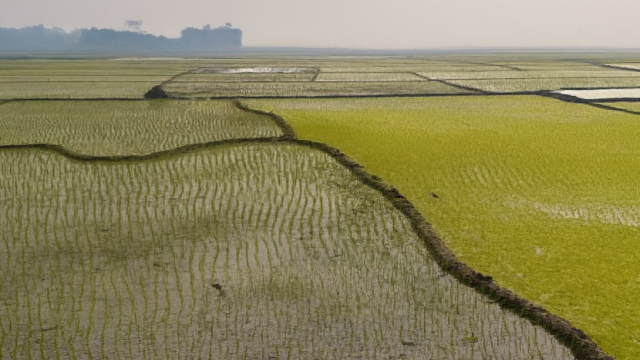

Comment: